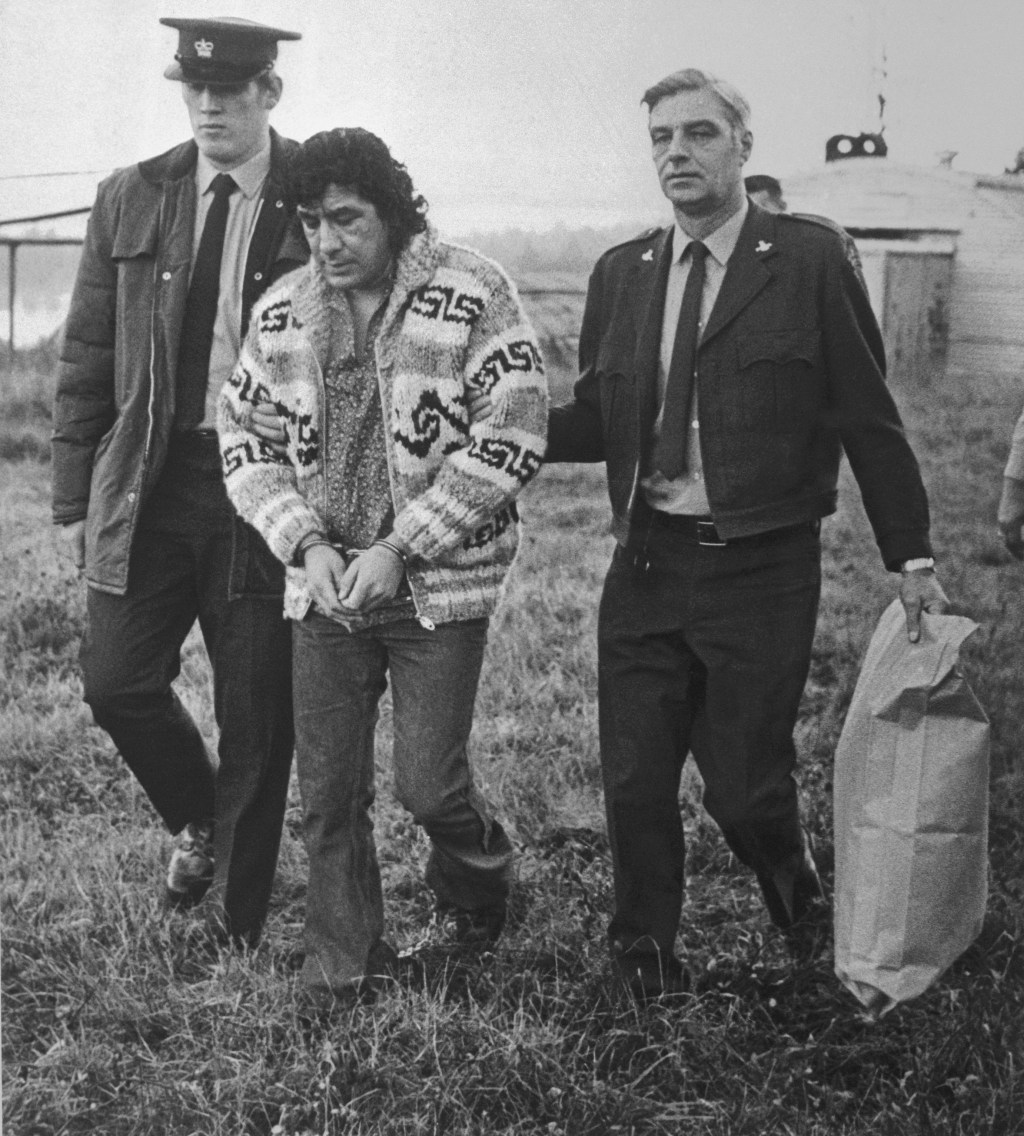Seeking Justice: The Enduring Fight for Leonard Peltier’s Freedom
Leonard Peltier, a name synonymous with the struggle for Native American rights and justice, has been at the center of a legal battle that has spanned over four decades. The documentary Free Leonard Peltier sheds light on the complexities surrounding his case, the injustices faced by Indigenous peoples in the United States, and the ongoing efforts advocating for his release. This article delves into the history of Peltier’s case, the broader implications it holds for Indigenous rights, and the tireless fight for justice that continues today.
The Background of Leonard Peltier’s Case
Leonard Peltier is a member of the Anishinaabe and Lakota tribes, born in 1944 in Grand Forks, North Dakota. His activism began in the 1960s, a period marked by a resurgence of Native American identity and rights. Peltier became involved with the American Indian Movement (AIM), which sought to address the systemic injustices faced by Native Americans, including poverty, discrimination, and the violation of treaty rights.
The pivotal moment in Peltier’s life came in June 1975, during a shootout at the Pine Ridge Indian Reservation in South Dakota. The confrontation resulted in the deaths of two FBI agents, Jack Coler and Ronald Williams, alongside a Native American man, Joe Stuntz. Peltier was subsequently charged with the murders, but the circumstances surrounding the case were fraught with controversy. Many argue that the evidence against him was fabricated or manipulated, reflecting a broader pattern of systemic bias against Native Americans in the legal system.
The Legal Battles and Controversies
Peltier’s trial in 1977 was marred by irregularities. Key witnesses recanted their testimonies, asserting they were pressured by law enforcement. Additionally, the FBI withheld crucial evidence that could have exonerated him. Despite the lack of credible evidence, Peltier was convicted and sentenced to two consecutive life terms. His case has since become emblematic of the struggles faced by Indigenous people seeking justice in a system that has historically marginalized them.
Throughout the years, various legal efforts have been made to appeal Peltier’s conviction. Advocates argue that his imprisonment not only reflects a failure of justice but also highlights the ongoing plight of Native Americans. The calls for his release have come from numerous human rights organizations, celebrities, and political figures, emphasizing the urgent need for systemic reform.
The Broader Implications of Peltier’s Case
The fight for Leonard Peltier’s freedom is not just about one man; it represents a larger struggle against the injustices faced by Indigenous communities. The issues at the heart of his case—police misconduct, racial bias, and the violation of human rights—are prevalent in many aspects of the criminal justice system.
- Systemic Racism: The treatment of Native Americans within the judicial system often reflects deep-seated racial biases. Peltier’s case serves as a stark reminder of the need to address these inequalities.
- Historical Trauma: Indigenous peoples in the United States have endured centuries of colonization, forced assimilation, and cultural erasure, leading to lasting impacts on their communities. Peltier’s fight is emblematic of a broader struggle for recognition and healing.
- Advocacy and Awareness: Movements advocating for Peltier’s release have sparked broader discussions about Indigenous rights and justice, fostering greater awareness and solidarity among various social justice movements.
The Role of Documentaries and Media in Advocacy
The documentary Free Leonard Peltier plays a crucial role in raising awareness about his case. Documentaries have the power to humanize complex legal battles, providing insights into the personal experiences of those involved. They serve as vital tools for advocacy, shedding light on injustices that might otherwise remain hidden from public view.
By showcasing Peltier’s story, the film invites viewers to engage with the broader issues of justice, identity, and the ongoing struggle for Native American rights. Documentaries like this not only document history but also inspire action, mobilizing support for causes that demand attention and reform.
The Ongoing Movement for Peltier’s Release
Over the years, various campaigns have emerged advocating for Leonard Peltier’s freedom. Activists, scholars, and public figures have united to call for his release, framing it as a moral imperative. These movements often highlight the need for transparency and accountability within the justice system, urging lawmakers to reconsider Peltier’s case in light of new evidence and changing societal attitudes.
Organizations such as Amnesty International and the National Congress of American Indians have taken up Peltier’s cause, emphasizing the importance of Indigenous rights and justice reform. Grassroots movements continue to mobilize, utilizing social media and public demonstrations to raise awareness and pressure authorities for a reevaluation of Peltier’s case.
Hope for the Future
Despite the challenges that lie ahead, there is a growing sense of hope surrounding Leonard Peltier’s fight for freedom. As societal attitudes shift and calls for justice become more pronounced, there is an increasing recognition of the need to address the injustices faced by Indigenous peoples. The broader conversation about racial equity and justice reform creates a fertile ground for Peltier’s advocates to continue their fight.
In recent years, petitions for clemency and parole have gained traction, reflecting a renewed commitment to seeking justice for Peltier. As more individuals become aware of his story and the injustices surrounding his case, the movement for his release gains momentum. The collective efforts of activists, advocates, and supporters from various backgrounds serve as a testament to the enduring fight for justice.
Conclusion
Leonard Peltier’s struggle for freedom highlights the ongoing fight against systemic injustice faced by Native Americans. His case encapsulates the complex interplay between race, justice, and human rights, serving as a focal point for advocacy and reform. The documentary Free Leonard Peltier serves as a critical reminder of the power of storytelling in the pursuit of justice, inspiring continued efforts towards equity and recognition for Indigenous peoples. As the movement for Peltier’s freedom endures, it paves the way for a broader dialogue about justice and healing within a society that must confront its past to build a more equitable future.
See more CNET Live

